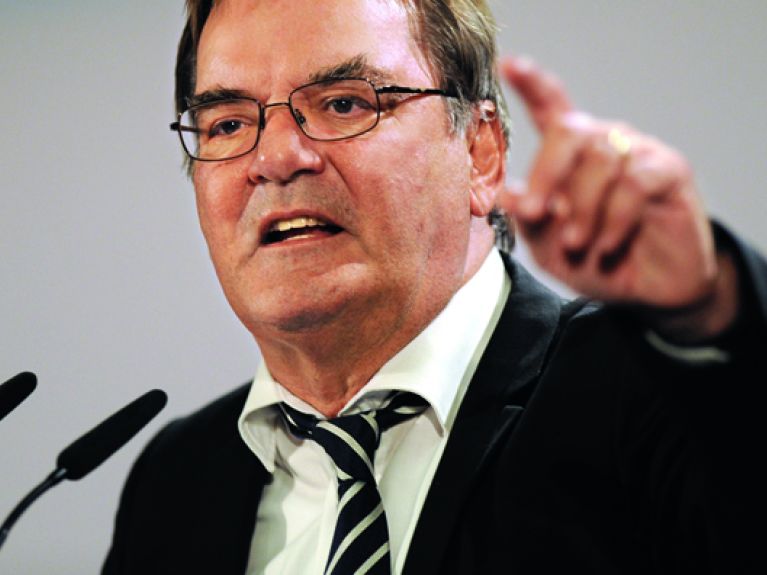Rudolf Hickel
The Bremen-based economist advised South Korea on questions of reunification at an early stage.

Professor Hickel, you held lectures in South Korea on the subject of reunification at an early stage. How did that come about?
In the autumn of 2000, the Friedrich Ebert Foundation invited me to do a lecture tour of South Korea on whether lessons for a possible reunification of South and North Korea could be drawn from German unity. The idea came from a book entitled The Price of Unity – Review and Prospects of German Unification, which I co-wrote with Jan Priewe in 1991. A Korean-language version of the book was published by the Institute of Asian Studies in 1993. Interest was so great in South Korea that an event was staged under the auspices of the Ministry of Reunification, which still exists today.
What were the Koreans most interested in? What was your message?
At that time there was a huge amount of interest in the lessons that might be drawn from German reunification. However, my message was slightly frustrating at the time of the Sunshine Policy. I argued that German unification couldn’t be used as a template for North and South Korea. The social, economic and above all political circumstances were completely contrary. A political ice age held sway between North and South Korea. The policy of change through rapprochement, which had been initiated by Willy Brandt and Egon Bahr, created the climate for reunification at an early stage in Germany. I also felt it was important to say that it would take a lot of money and time to develop North Korea in the event of a reunification. Beyond the much-vaunted vision, the references to specific measures triggered fears, even resistance among audiences.
